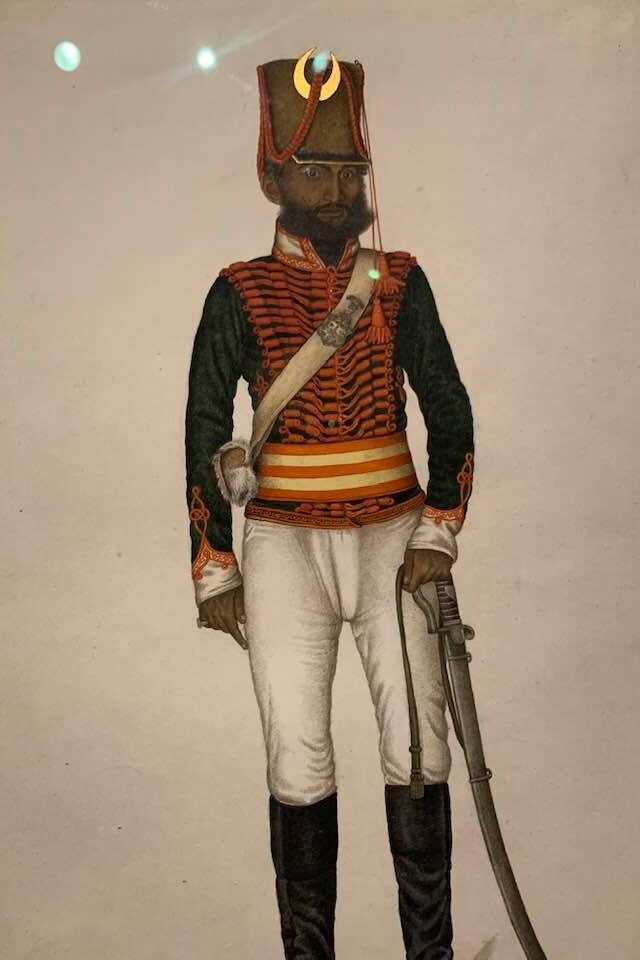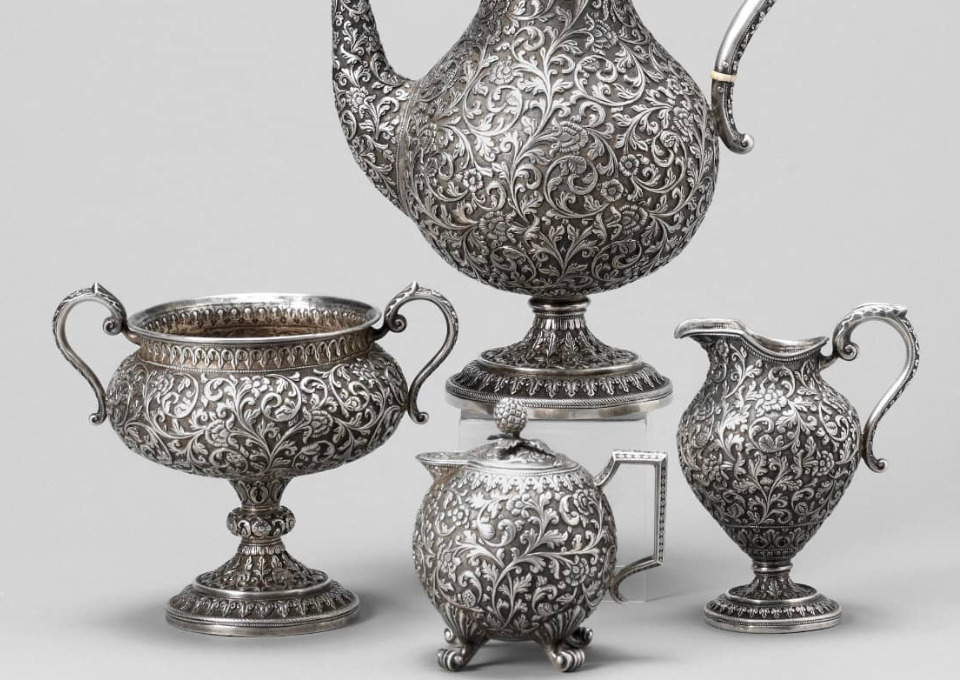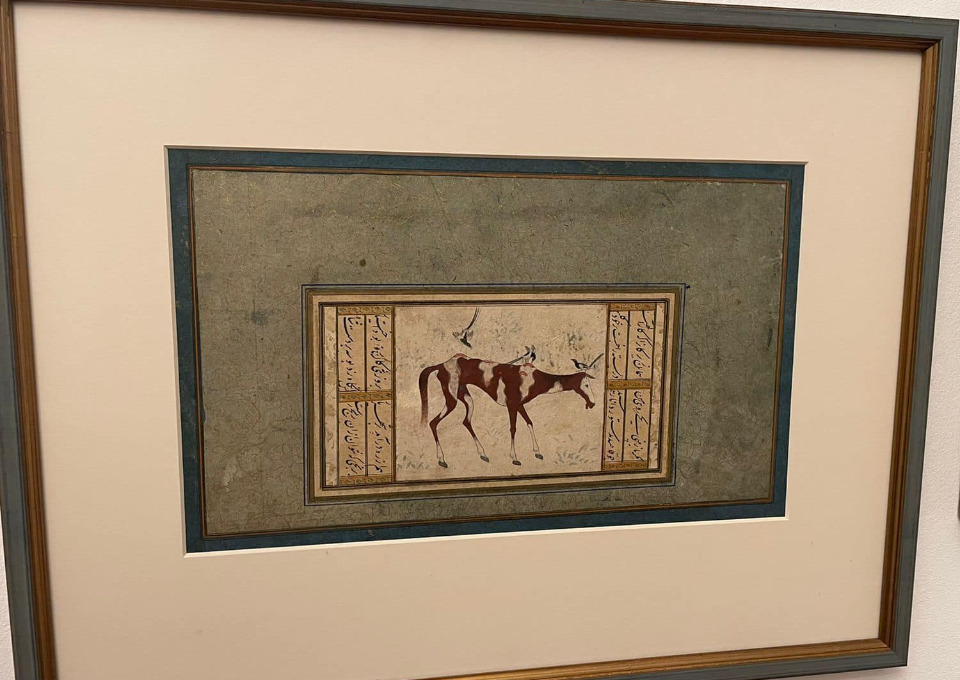Reflecting on the fascinating and relatively little explored history of Africans in India. Dr. Sylviane A Diouf of the Schomburg Center amongst other scholars has done some great work in this area. They conclude that many Africans in India distinguished themselves as military commanders, rulers, reformers, and prime ministers, writing an inspirational story of grit, savvy, and determination — enslaved Africans attaining the height of success not only in a foreign country but in an entirely foreign culture.

Many also came as sailors and traders from East Africa and rose to fame in the country of their enslavement. The success was undoubtedly theirs but is also a “testimony to the open-mindedness of a society in which they were a small religious and ethnic minority, originally of low status”. Some of them ended up ruling over indigenous Hindu, Muslim, and Jewish populations and have left behind a host of monuments, cultural records, and political legacies for us to explore. As city planners and architects, patrons of the arts, and scholars, they touched many areas of the subcontinent’s social and cultural fabric.

Malik Ambar (d. 1626) the Prime Minister of Ahmednagar in Deccan, Ikhlas Khan (d. 1680), the 16th century Prime Minister in Bijapur, Malik Sandal, a leading architect in South India, the ruler of the princely states of Janjira and Sachin, Sidi Saad the musician, the able commanders Daulat Khan and Randoula Khan all came from the Horn of Africa and have left an indelible legacy on the subcontinent and one that deserves its due acknowledgment and admiration.






